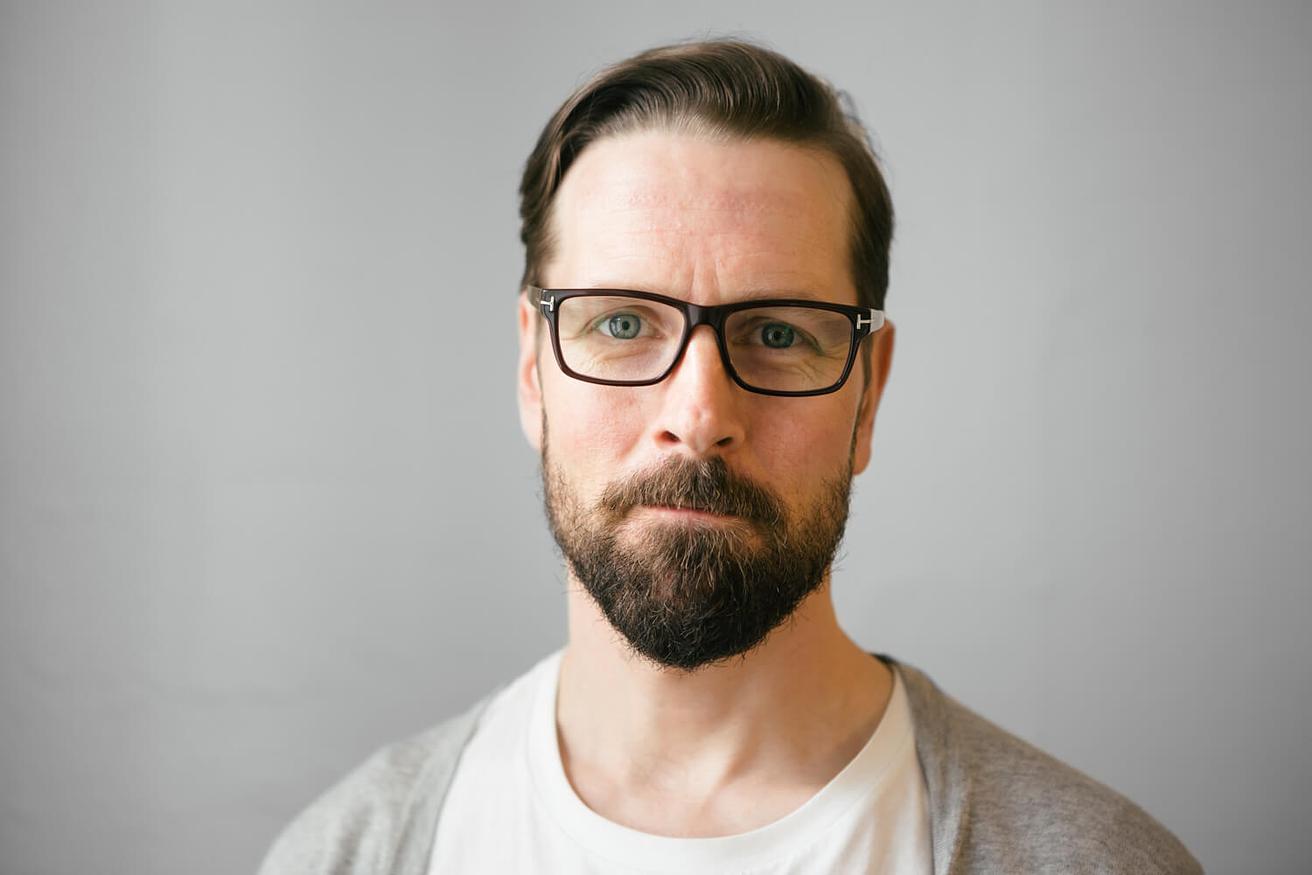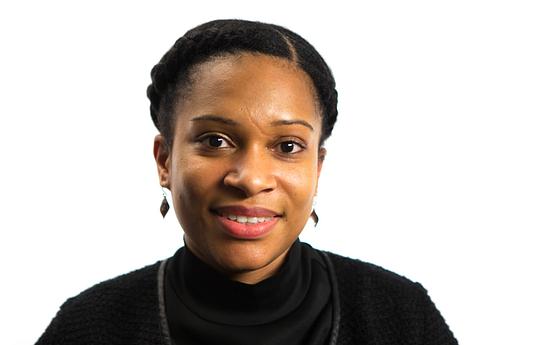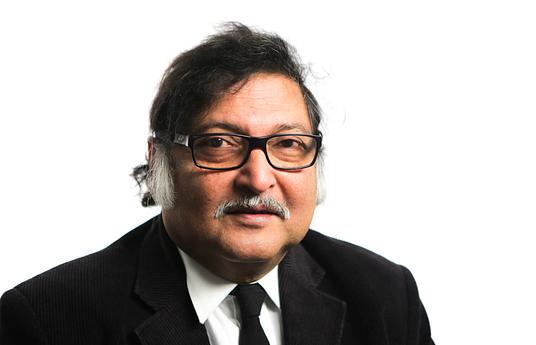Olli Vesterinen
Olli Vesterinen (Ph.D) is the Project Manager at the Ministry of Education and Culture of Finland.
Vesterinen was previously a postdoctoral researcher at the University of Helsinki in the Koulu Kaikkialla - School Everywhere project that developed a platform for teachers in sharing excellent learning environment know-how and training.
His 2011 doctoral focused on media education in basic education. In addition, Vesterinen has been on the boards of various organizations in education.
Skills
Do you feel that the current way we are educating children fully prepares them for the needs of the 21st Century?
I definitely believe that it’s important to have the right kind of processes in schools that support learning in case the content being taught isn’t on track.
There’s a lot of talk on what the content should be, and the subjects that should be taught, but it is also meaningful to consider how learning is being done. Most likely we can still teach the content that has always been taught, as long as the methods of learning are aligned with the needs of the twenty-first century.
Teachers
How would you encourage teachers to develop their teaching?
Finnish teachers have opportunities to develop their work and community, but they need to have a passion to do it. Passion gives them the strength to keep developing their work.
Previously it was common to think that professional development comes from organized seminars that give you the tools to be able to apply things such as information and communication technologies to your teaching. I fully understand this, of course teachers should be provided with opportunities to take part in training programs for professional development, but a lot is learned by personally contemplating and taking action as well.
The lack of resources and time as well as other limitations are something we discuss a lot with teachers at educational events. Teachers should, however, think of ways to work in this institution called school so that it contributes further to its surroundings. Good classes aren’t enough - you need to be able to go even further by thinking holistically about your community of teachers, parents and others.
Assessment
Is PISA a good way of assessing learning or should assessment be developed from a different point of view?
I think we should be looking past PISA. The PISA results on one hand have given us a sense of direction - for example we know what works for learning and what to develop in our teacher training program. I think we should be proud of our excellent PISA results - we have been able to acknowledge teachers for their excellent work. In addition, we have been able to showcase what’s good about the Finnish system abroad.
We should however, pay more attention to developing education from other viewpoints as well. PISA is a fine way of assessing learning, but it does come with limitations and it cannot measure all learning.
Environments
What are the challenges of traditional classrooms?
We have good textbooks and classrooms are enjoyable to an extent. Teachers put a lot of work into making this happen. What is lacking is the learning outside of the classroom, in the surrounding environment or community.
Learning should happen everywhere: it should be something that becomes a part of the student’s life outside of school, during their free time or everyday life and in the digital world. We don’t need to completely demolish traditional classrooms, but subtly make the learning that may happen outside of schools a part of formal education.
Leadership
What are the biggest challenges in Finland's education system?
There needs to be a system that ensures young people are socialized into communities that consist of more than just their families and friends. A system in which the curriculum brings together societal communication. The difficulty lies in differentiating values and goals.
What should change in education policy?
I have noticed that the word ‘change’ is entwined with the word ‘politics.’ This is not an uncomplicated issue. Education policy works on multiple levels in designing the curriculum for basic education. The structures that are set by policymakers complicate the system.
I believe, however, that by trialling and failing there’s opportunity to prevail. With the curriculum as a good guideline, teachers should be able to experiment at work with a passion for developing schools. Prioritizing might not be what’s best for teachers if they feel pressured at work. You almost have to have a little anarchy in you and resist the government.
Personal memory
Do you have a favorite memory from your own formal education?
I enjoyed school a lot, even though I didn’t get straight A’s. Afterwards, I have felt that my education was a good learning curve. My education allowed me to do the things in which I was talented and allowed me to learn more in those subjects.
My friends, the feeling of being inspired and the learning experiences were the best things in school.
The next 100 years
The next 100 years of Finnish education should… keep appreciating education and the work of teachers. I also hope that learning is appreciated.
It would be great if in the next 100 years schools would change so that the children attending now could make it in the real world. That they would have the modern day skills required in doing so as well as enthusiasm and a sense of direction in life.


